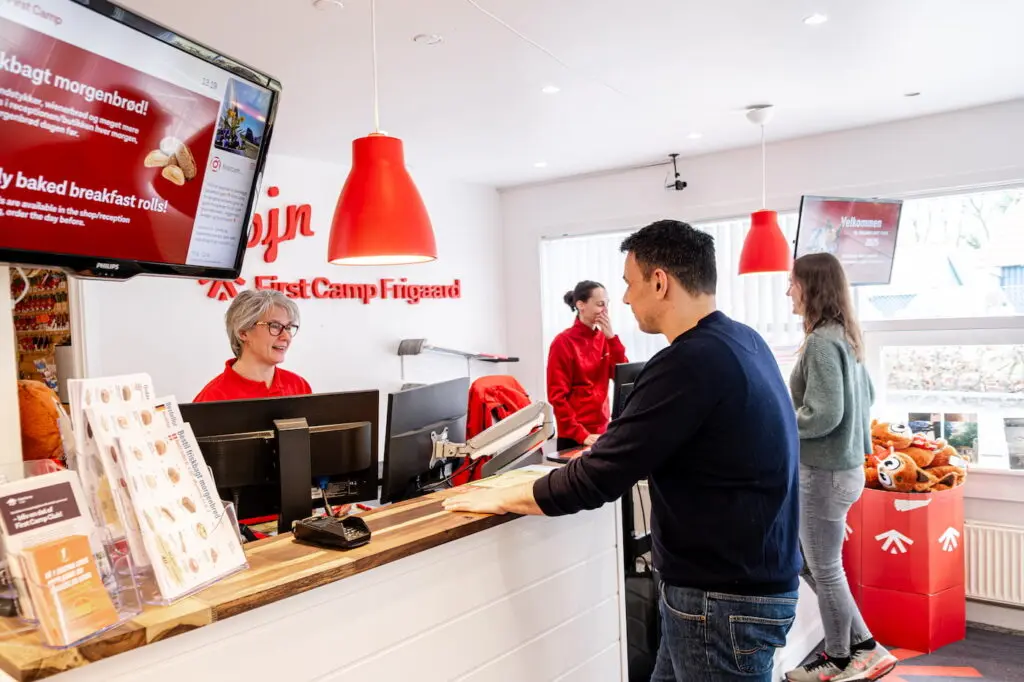With 78 destinations, First Camp Group is setting the standard for modern camping and glamping in Scandinavia and beyond.
In an interview with Modern Campground, CEO Johan Söör revealed how the company’s mix of local leadership, centralized support, and multi-brand strategy is fueling growth, driving guest satisfaction, and shaping the future of the outdoor hospitality industry.
Multi-brand Approach
According to Söör, the company’s broad appeal stems from its ability to serve different customer segments through multiple brands.
“First Camp is the main brand for about 60% of the business,” he said. This umbrella includes subcategories: the regular First Camp brand, First Camp Resorts for full-scale offerings, and First Camp Easy, catering to the low-end segment.
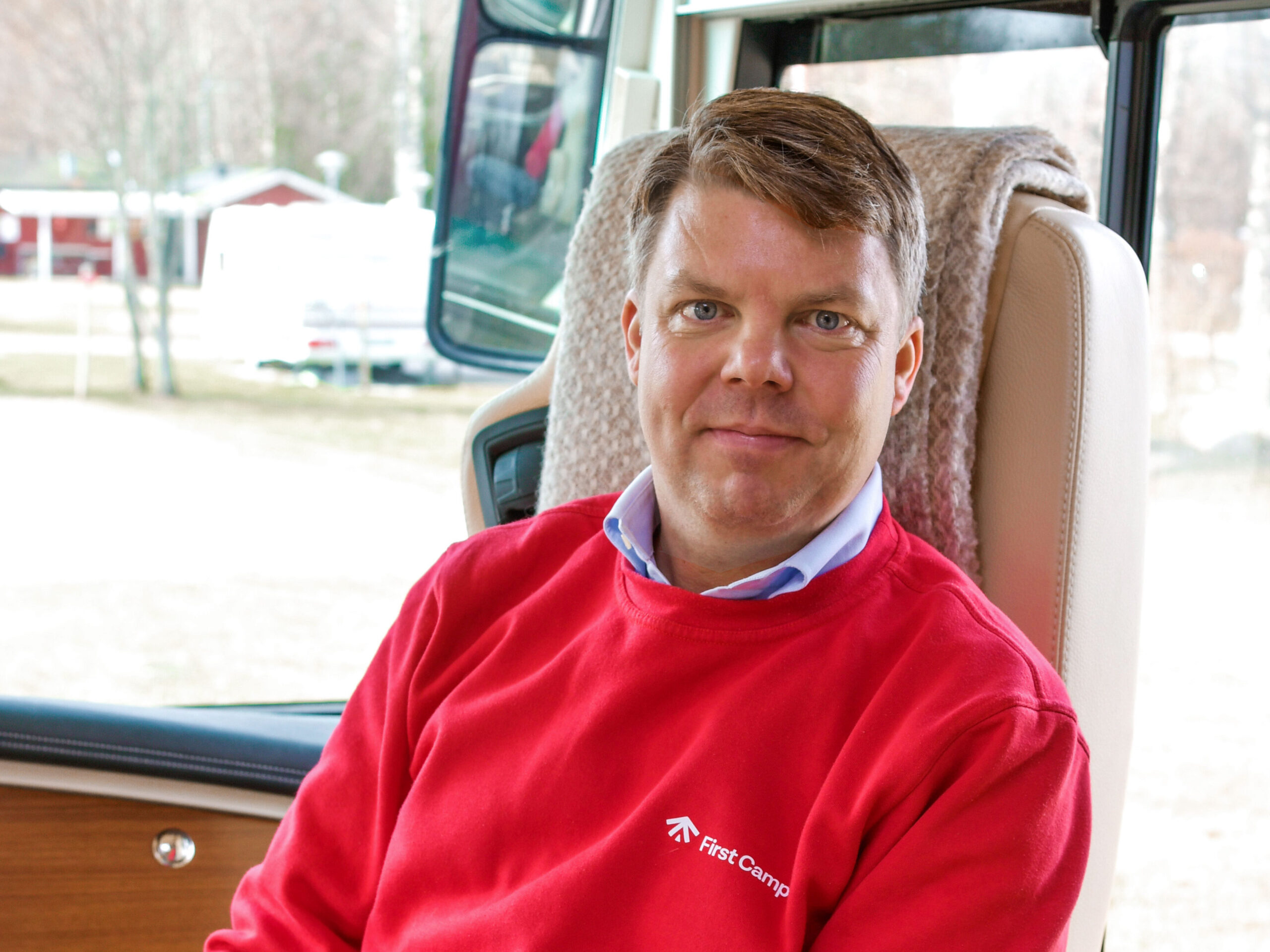
The remaining 40% of the group consists of standalone brands retained after acquisition, allowing the company to maintain local identity while benefiting from group resources.
Acquisition Strategy
When assessing acquisition opportunities, First Camp follows a well-defined set of parameters.
Söör explained that the company evaluates site size, valuation, property arrangements, development potential, and location.
Whether close to a major city, highway, or popular tourist area, sites must have strong potential for guest appeal. “We also look at the development opportunities, so we can build more camping pitches and more cabins,” he told Modern Campground.
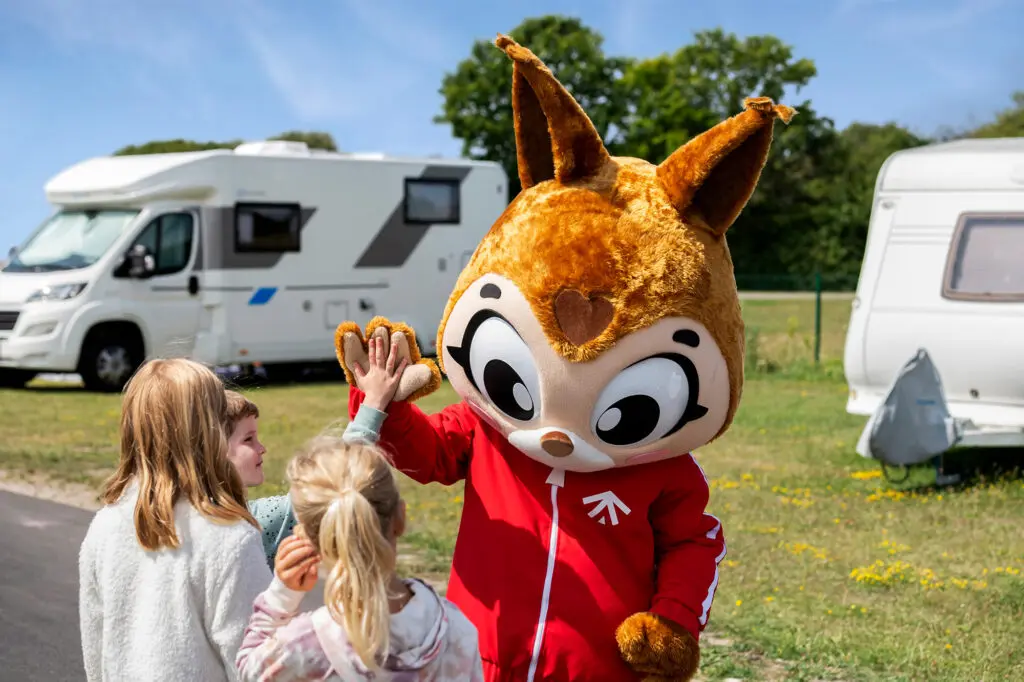
“We need to have a minimum size of the campsite,” he said, adding that development opportunities and proximity to attractions are also crucial.
Söör also highlighted that what sets First Camp apart often begins before a guest arrives.
In a market where campers increasingly book in advance, the company’s website is now the largest online booking platform for camping and cabin stays in the Nordic region.
The platform’s loyalty program—unique in the company’s markets—allows guests to earn and redeem points for future stays, much like hotel programs.
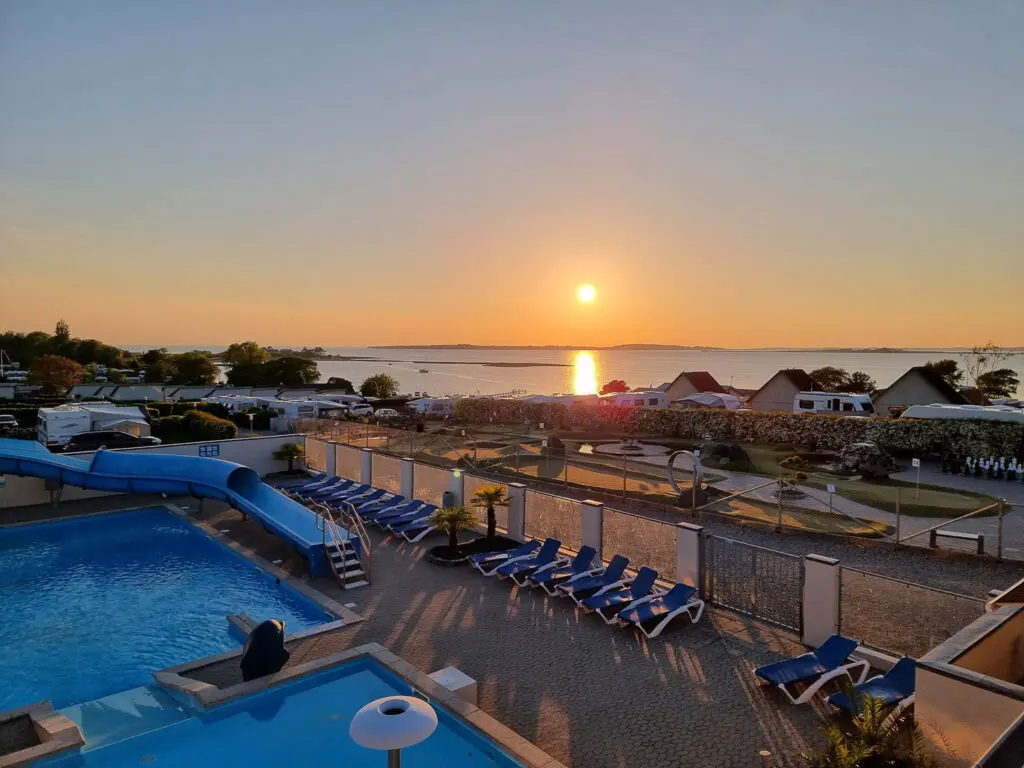
On-site, First Camp offers a popular activity program at about 40 locations, including a kids’ club featuring mascot Yesie, yoga classes, and dinner entertainment.
Söör emphasized that these experiences, combined with an easy-to-use booking platform, help differentiate the brand.
Balancing Central Systems with Local Leadership
Managing operations across 78 destinations requires balancing centralized systems with local autonomy.
“You need to have a really strong team, and we have that in First Camp,” Söör said.
Destination managers are given significant responsibility and measured on financial results, guest satisfaction, and employee engagement.
Centralized concepts, such as a standardized food and beverage program, support local teams while maintaining quality.
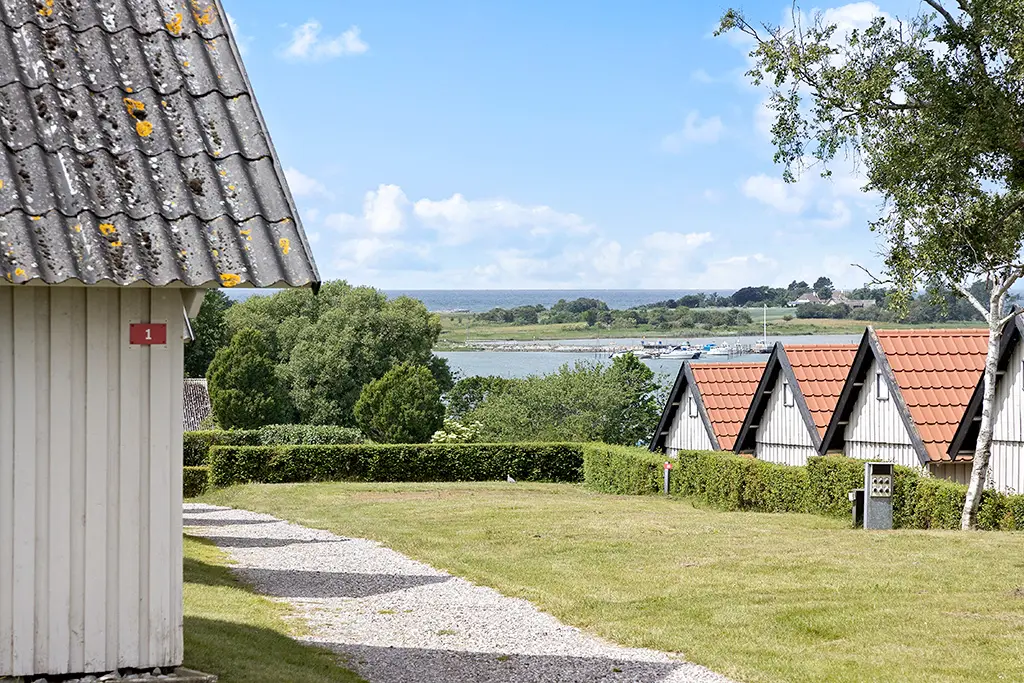
Söör acknowledged that striking the right balance between local adaptation and central concepts is an ongoing process.
“Sometimes you do things that are too much focusing on the local stuff, and sometimes focusing too much on the central stuff,” he said.
Continuous discussions and fine-tuning are key to maintaining consistency across the network. “So we want the destination managers to take a lot of responsibility but then also support them with certain concepts,” he explained.
Market Trends Fueling Growth
Discussing market trends, Söör noted steady annual growth of about 5% in the Nordic camping market, with certain segments growing faster.
He pointed to the “coolcation” trend, where travelers seek cooler climates in summer, driving increased interest from German guests in Scandinavia. Domestic travelers are also choosing camping for cost, sustainability, and convenience reasons.
“Another trend we see is that also more domestic guests are discovering camping as an alternative to going to Spain or Thailand for their vacation,” he added.
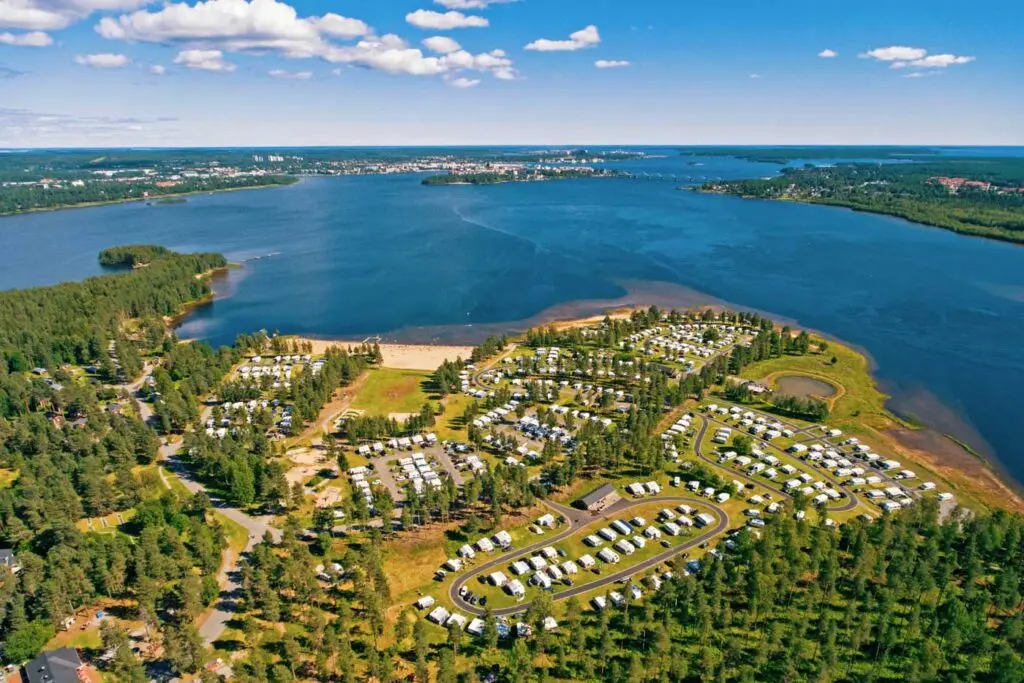
The COVID-19 pandemic also introduced new customer categories to camping, particularly in cabin accommodations.
First Camp’s 3,500 cabins appeal to both seasoned campers and those new to the experience. Glamping, while still a niche market, is attracting younger guests and contributing to the company’s diverse offering.
First Camp’s approach to offering diverse accommodations and experiences underscores a broader industry reality: campground owners and operators must adapt and innovate to stay competitive.
This need for evolution is at the core of the first-ever MC Camper Compass Report, titled “Boosting Camper Stays: Key Strategies to Revive Campground Reservations.” The report outlines actionable strategies to attract new guests, extend stays, and foster repeat visits—principles reflected in First Camp’s own success model.
Sustainability and Technology Lead the Way
Sustainability plays a significant role in First Camp’s operations, especially following acquisitions. Söör cited examples of replacing oil-based heating with more sustainable solutions like heat pumps.
Improving energy efficiency also benefits both the environment and operating costs.

Technology is another area where Söör believes First Camp leads the way. The company has implemented AI-based systems for revenue management, customer service, and marketing optimization—initiatives that began before AI became a mainstream focus.
The website features interactive maps allowing guests to select pitches for a fee, and a newly relaunched app offers loyalty benefits and gamified challenges to encourage repeat stays.
Growth Plans for the Future
Looking ahead, First Camp’s growth strategy focuses on three areas: acquisitions, investments in existing sites to increase capacity, and organic growth through commercial initiatives like CRM, B2B sales, dynamic pricing, and loyalty programs.
Continuous improvements to the guest experience remain central to the plan.
Guest satisfaction is closely monitored and analyzed to identify the factors that matter most. “We have a very fact-based view of what is driving guest satisfaction and what actions we should take to continue to improve it,” Söör said.
A major component of the company’s future vision is leadership development. First Camp has launched a large-scale leadership program for destination managers to strengthen local management capabilities. “We want to continue to attract and develop really strong leaders,” Söör noted.
Since joining the company seven years ago, Söör has championed the ambition for First Camp to become “the world’s leading camping chain.” This goal, he explained, is about becoming a role model in how to operate and grow a camping brand, not just in size but also in quality and guest experience.
This year marks a milestone for the company as it expands beyond the Nordic region into Germany, a major European camping market. With strong market trends, a robust acquisition strategy, and a clear vision for leadership and guest service, First Camp aims to strengthen its position as a leader in the camping industry.
For more information about First Camp, visit their website here.

